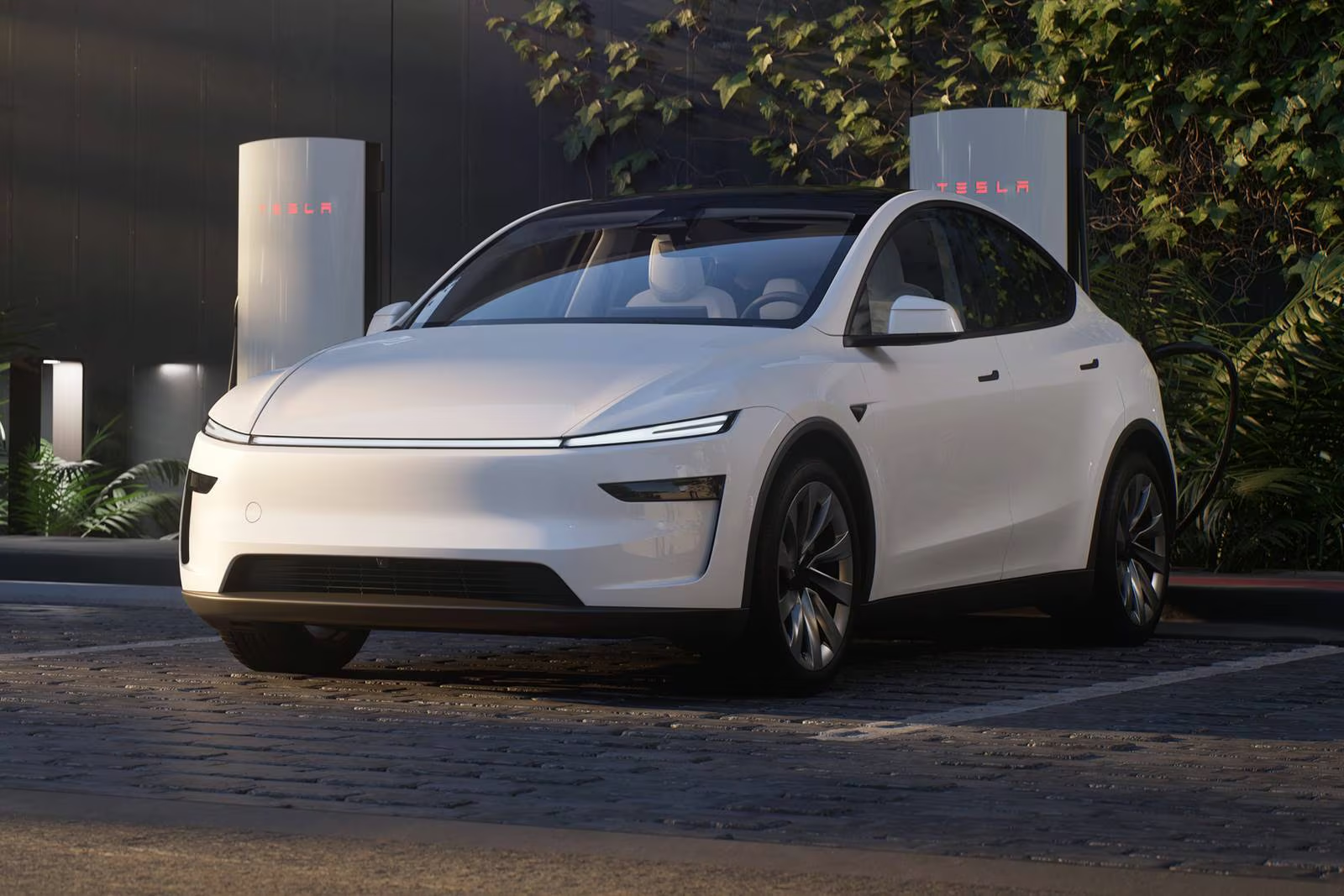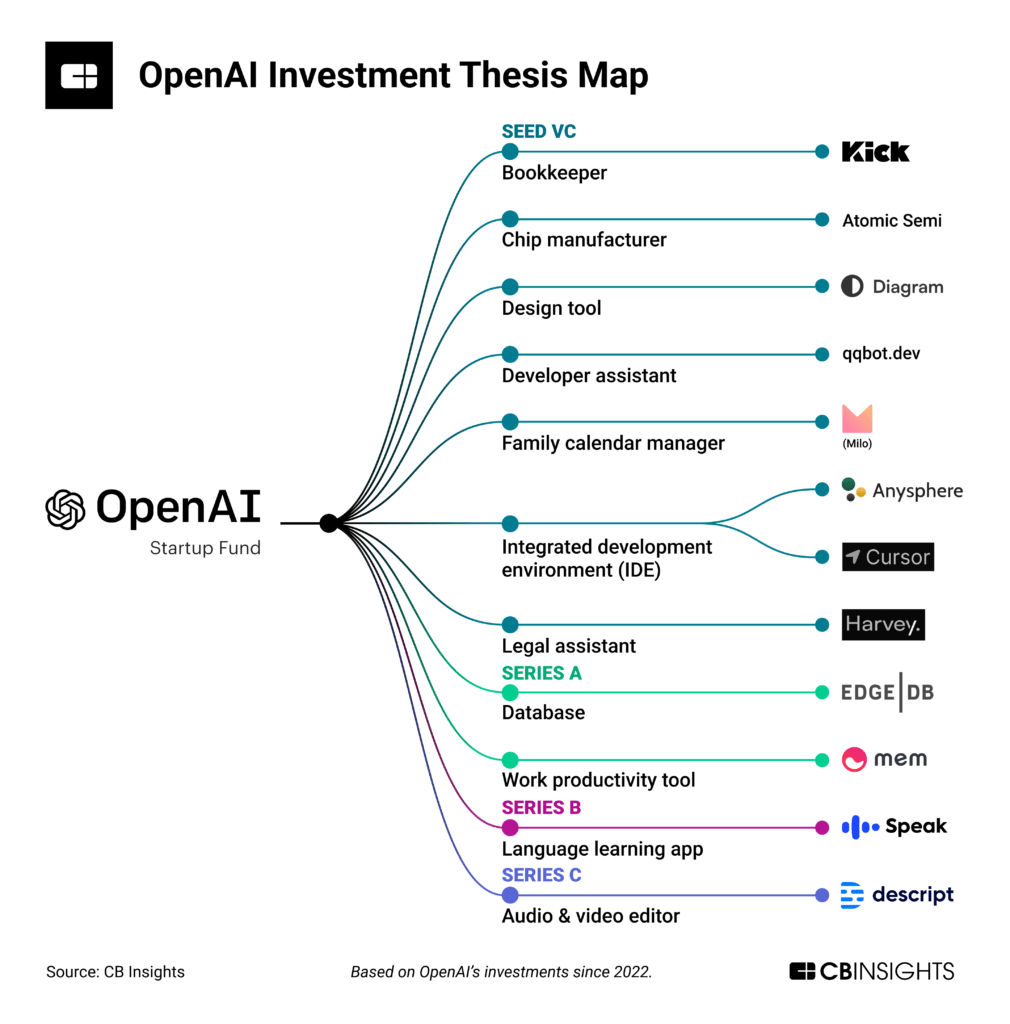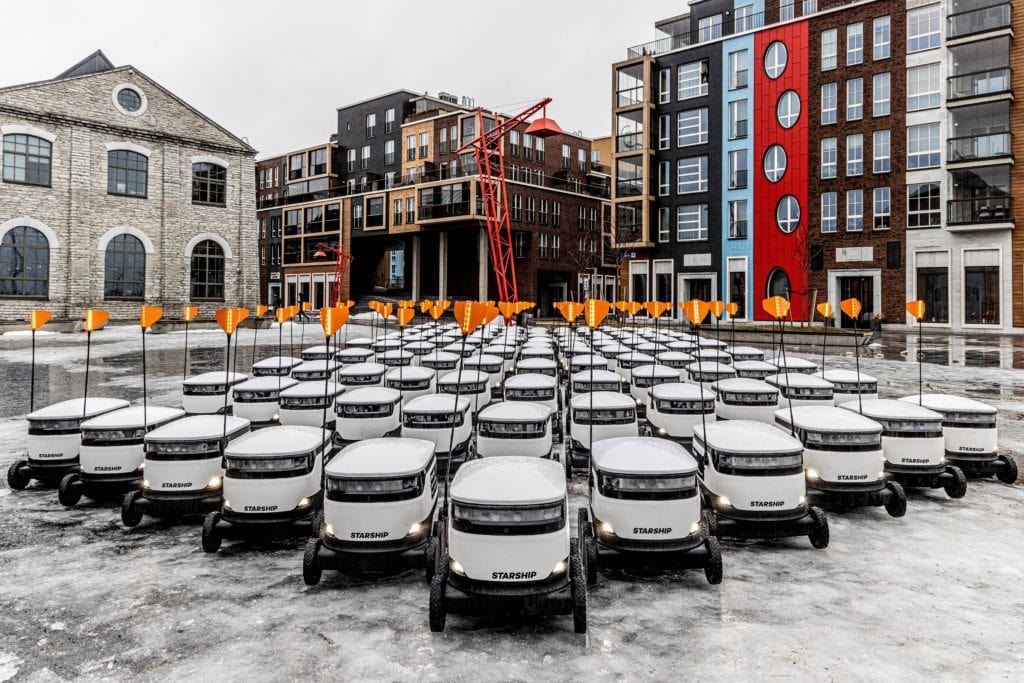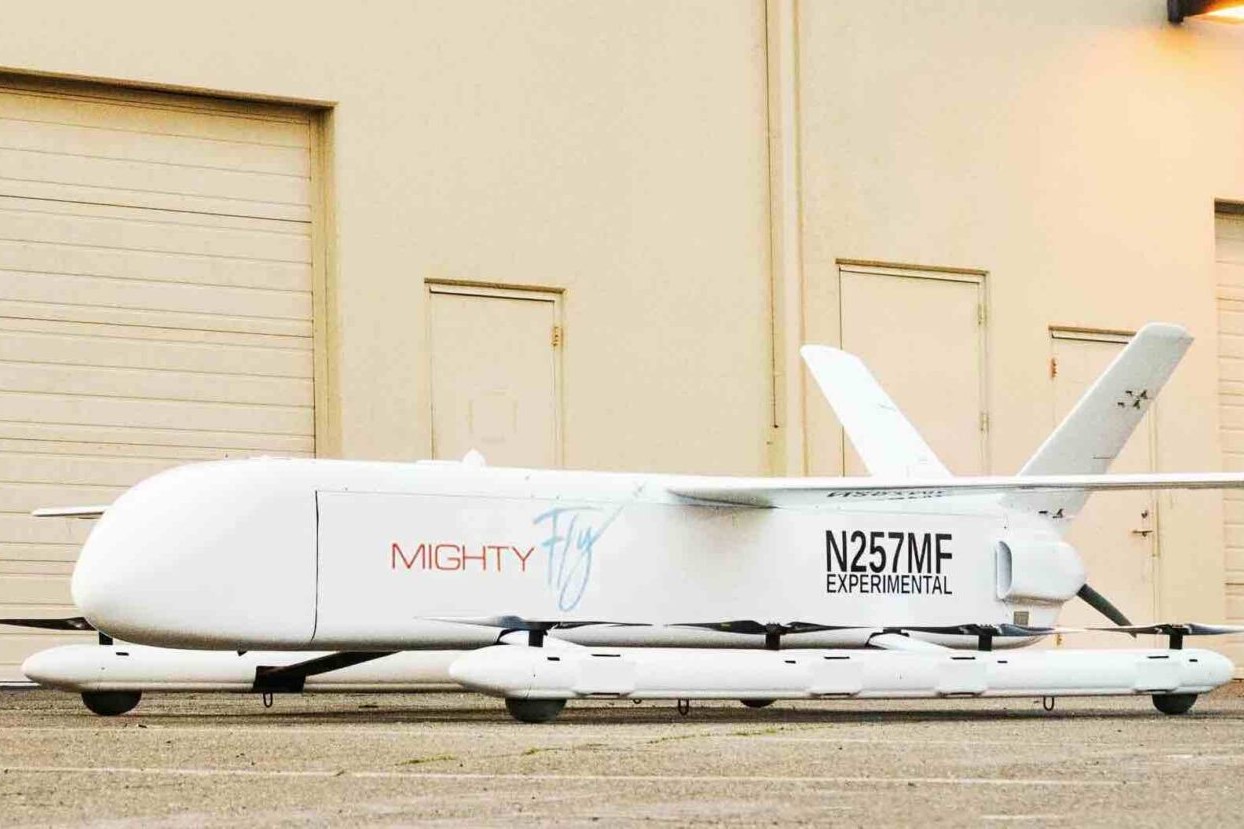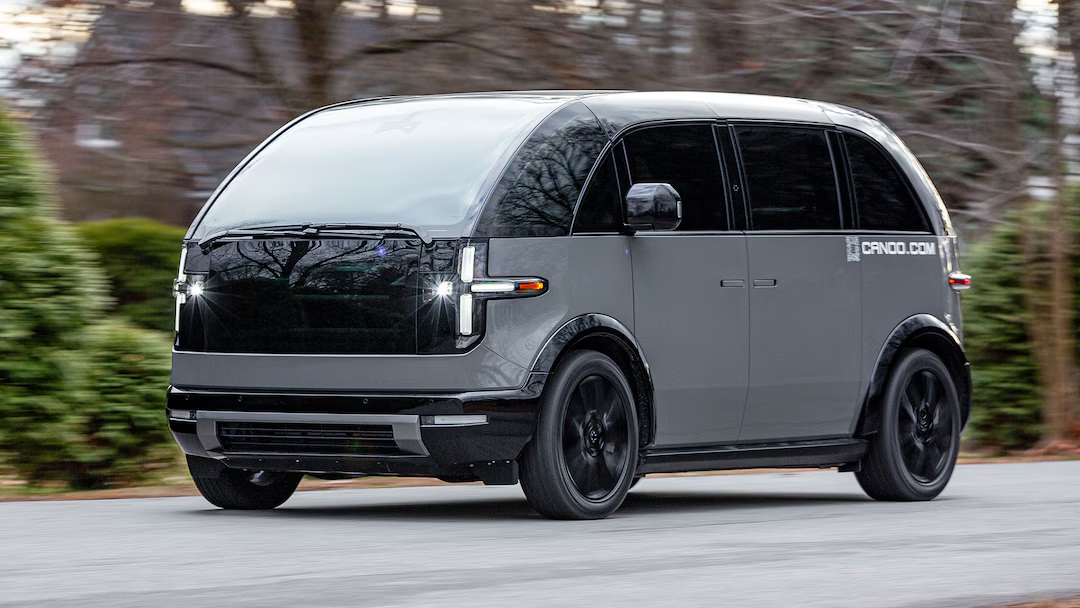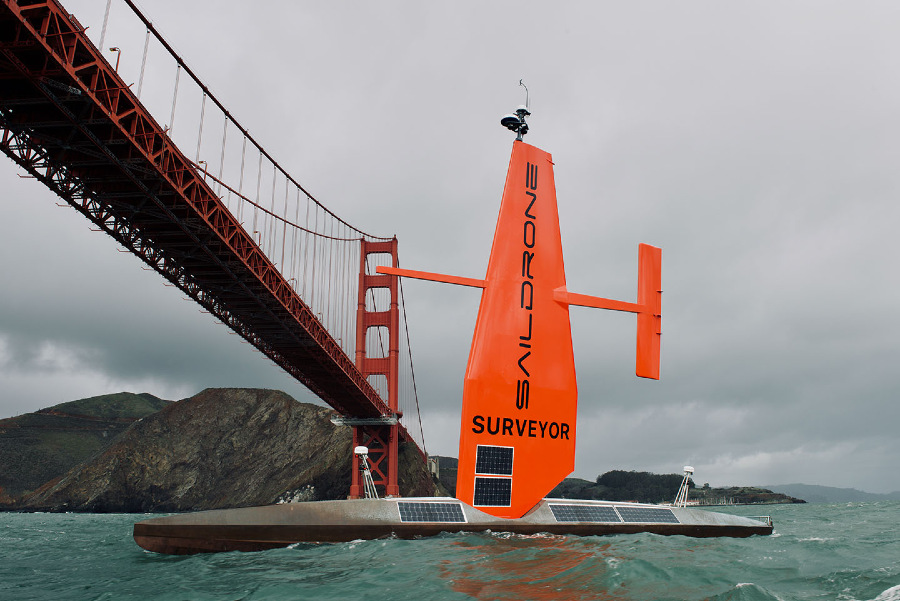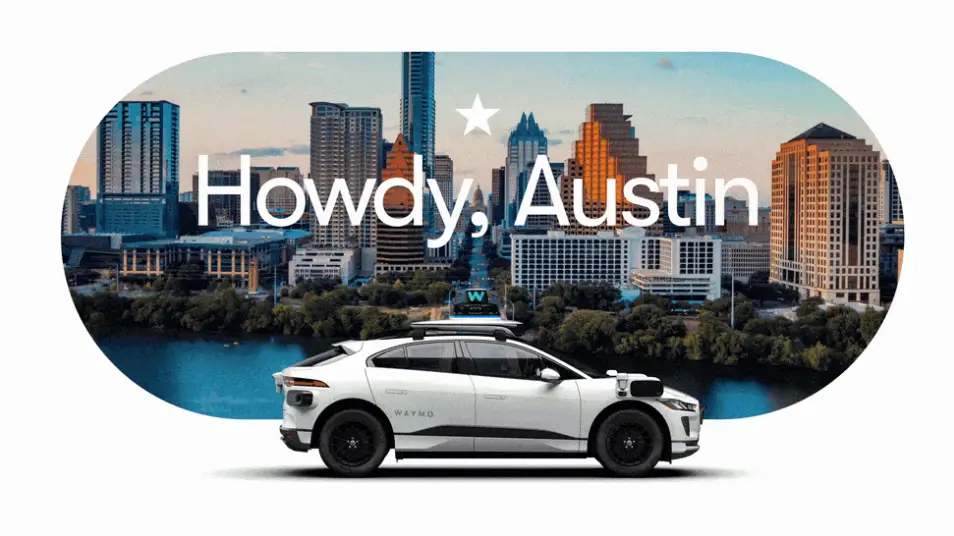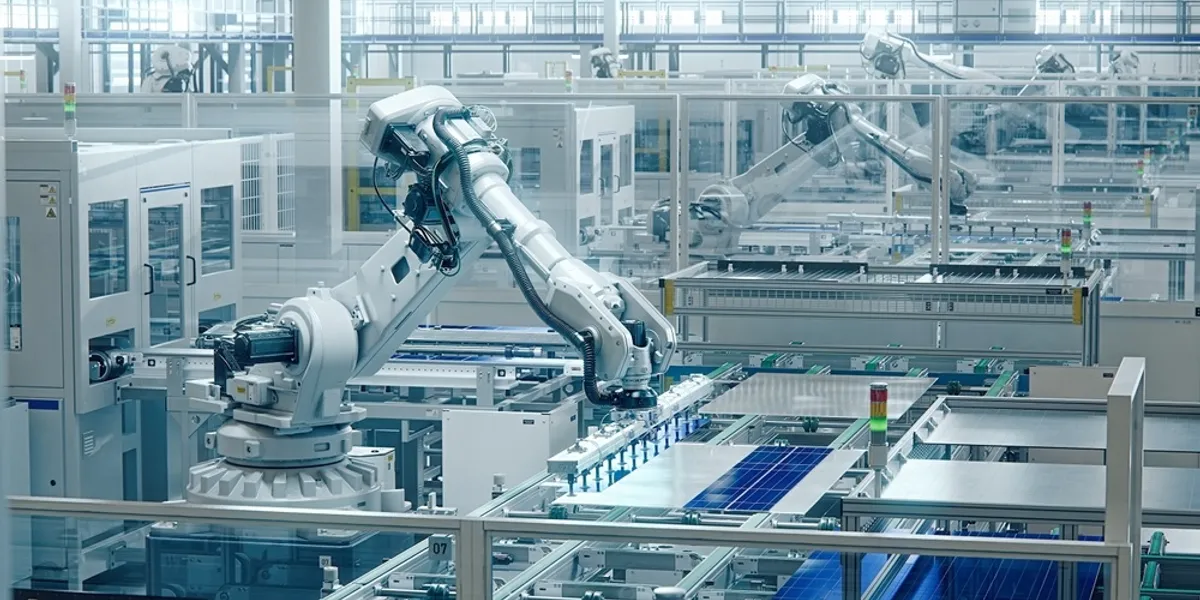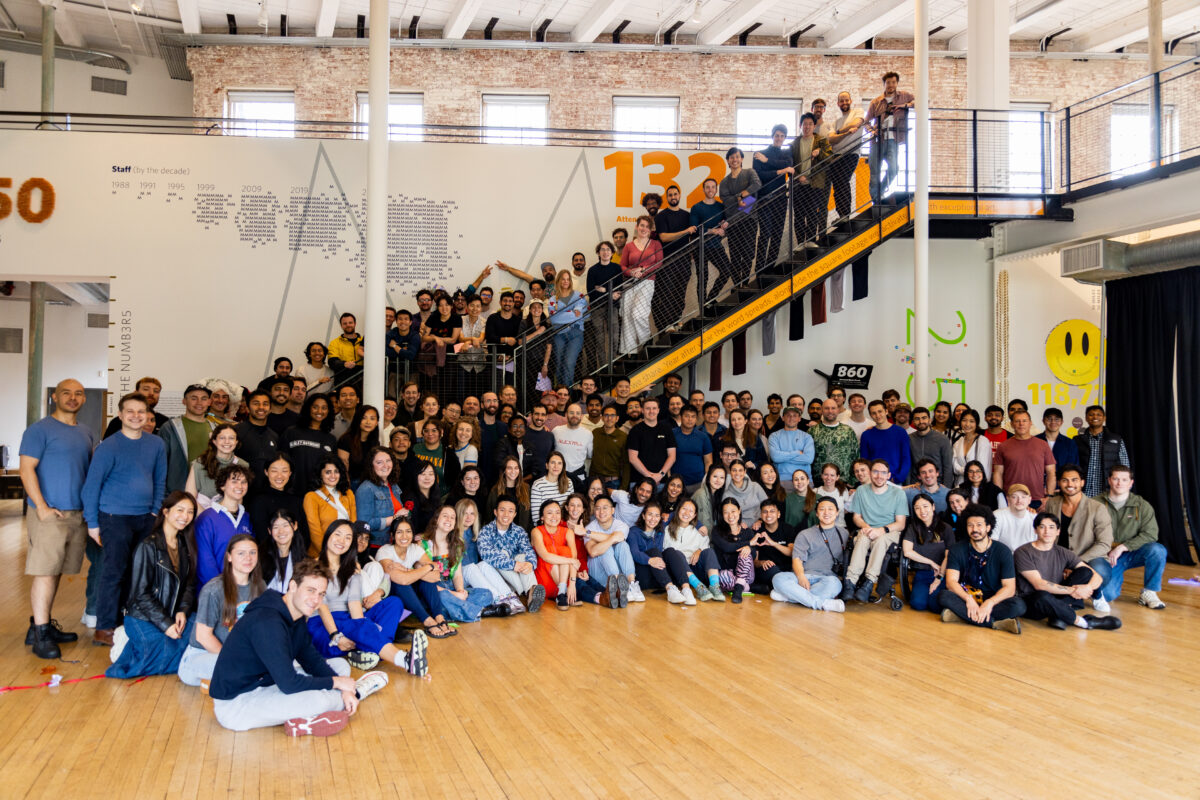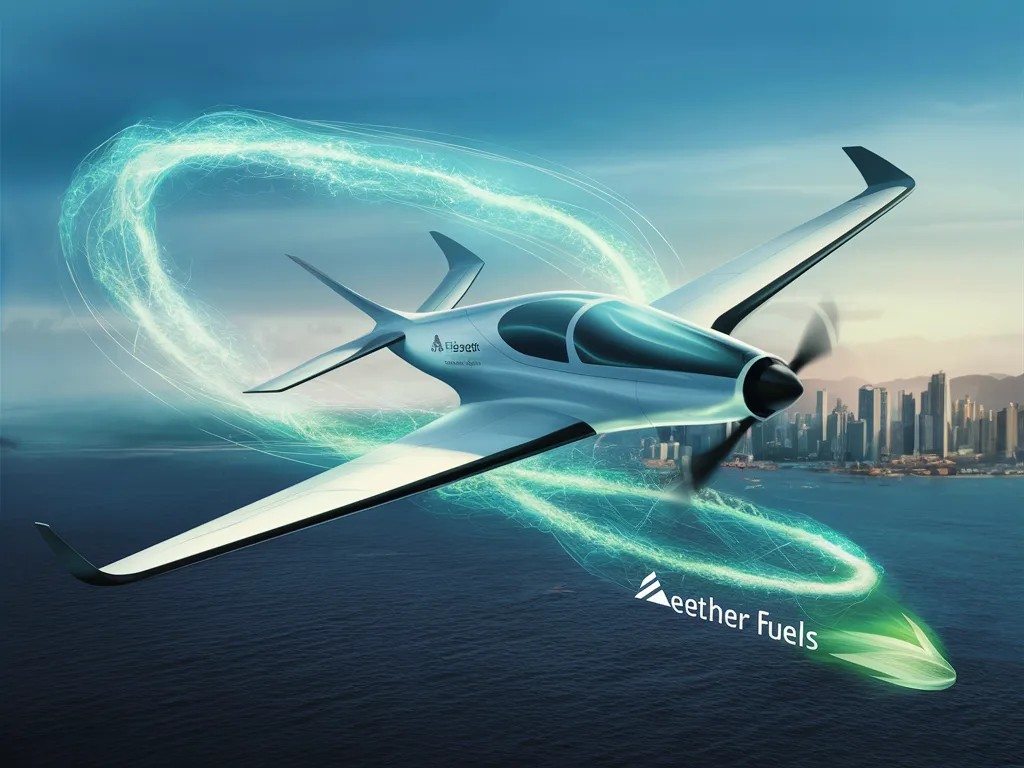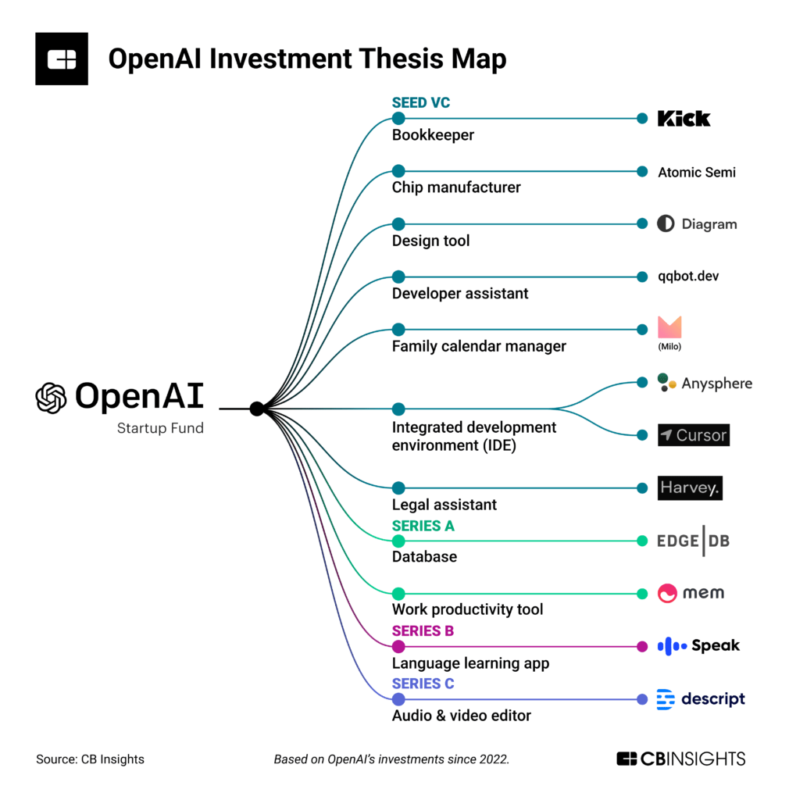Electric vehicle startup Canoo has officially filed for bankruptcy and will shut down operations immediately, marking the end of a tumultuous seven-year journey. The company announced late Friday that it has begun Chapter 7 liquidation proceedings in the Delaware Bankruptcy Court after failing to secure the necessary funding to stay afloat.
In a statement, Canoo revealed that it had been in discussions with foreign investors, but those talks failed to yield results. The company also cited an inability to obtain financing from the U.S. Department of Energy’s Loan Program Office, which had been issuing loans to support clean energy initiatives in recent months.
According to its bankruptcy filing, Canoo owes money to hundreds of creditors, with liabilities totaling more than $164 million. Meanwhile, the company lists approximately $126 million in assets. The filing comes just weeks after Canoo furloughed its remaining employees and halted production at its Oklahoma factory. The company had struggled throughout 2024 to deliver more than a handful of its electric vans to customers and had suffered a series of executive departures. By mid-November, Canoo had just $700,000 in cash reserves.
Another SPAC-Era EV Collapse
Canoo is the latest electric vehicle company to collapse after taking the SPAC (special purpose acquisition company) route to go public. The company announced its merger with Hennessy Capital Acquisition Corp. in August 2020, completing the deal that December and raising around $600 million. However, like other EV startups that pursued SPAC mergers—including Electric Last Mile Solutions, Lordstown Motors, Proterra, Lion Electric, and Arrival—Canoo failed to achieve financial stability.
Canoo had attempted to carve out a niche with its futuristic, modular electric vans, which featured advanced technologies such as steer-by-wire systems. The company attracted notable partners, including the U.S. Postal Service, Department of Defense, and NASA, which trialed its vehicles. In 2022, Walmart even announced plans to purchase up to 10,000 Canoo vans, but the deal was nonbinding and never materialized into large-scale deliveries.
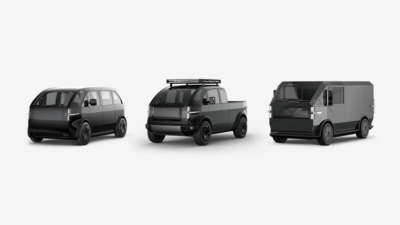
Canoo Lifestyle Pre-Order Choices
A Tumultuous History and Eventual Downfall of Canoo
Founded in late 2017 by former Faraday Future executives, Canoo originally operated under the name Evelozcity. The startup envisioned a flexible EV platform that could accommodate different vehicle designs, catering to both commercial and consumer markets. At one point, Canoo was even in talks with Apple, which reportedly considered acquiring the startup to support its own electric car ambitions.
However, after going public, Canoo’s strategy shifted under new leadership. Investor Tony Aquila took over as chairman and CEO, steering the company away from consumer sales to focus on commercial fleet customers. Under his leadership, Canoo frequently changed its approach, wavering between in-house production and outsourcing. The company also announced a headquarters move to Bentonville, Arkansas, home of Walmart, but ultimately prioritized manufacturing efforts in Oklahoma.
Despite its struggles, Canoo managed to acquire some of Arrival’s assets out of insolvency in 2024, though it remains unclear if those assets were ever put to use. Meanwhile, the company’s financial dealings raised questions. Regulatory filings revealed that Canoo had spent twice its revenue on corporate jet expenses in 2023, with some payments benefiting Aquila’s financial firm. His firm also provided emergency loans to Canoo in recent months, securing liens on the company’s Oklahoma City equipment.
Signs of Canoo’s downfall had been emerging for weeks. Observers on Reddit noticed that the company’s Texas office billboard had been taken down, and furloughed employees received official termination notices. Some early customers who placed $100 deposits for consumer vehicles began receiving refunds.
With its bankruptcy filing, Canoo joins a growing list of failed SPAC-backed EV startups that struggled to transition from ambitious concepts to sustainable businesses. Its collapse highlights the ongoing challenges in the EV sector, particularly for startups attempting to compete against established automakers in an increasingly competitive market.

